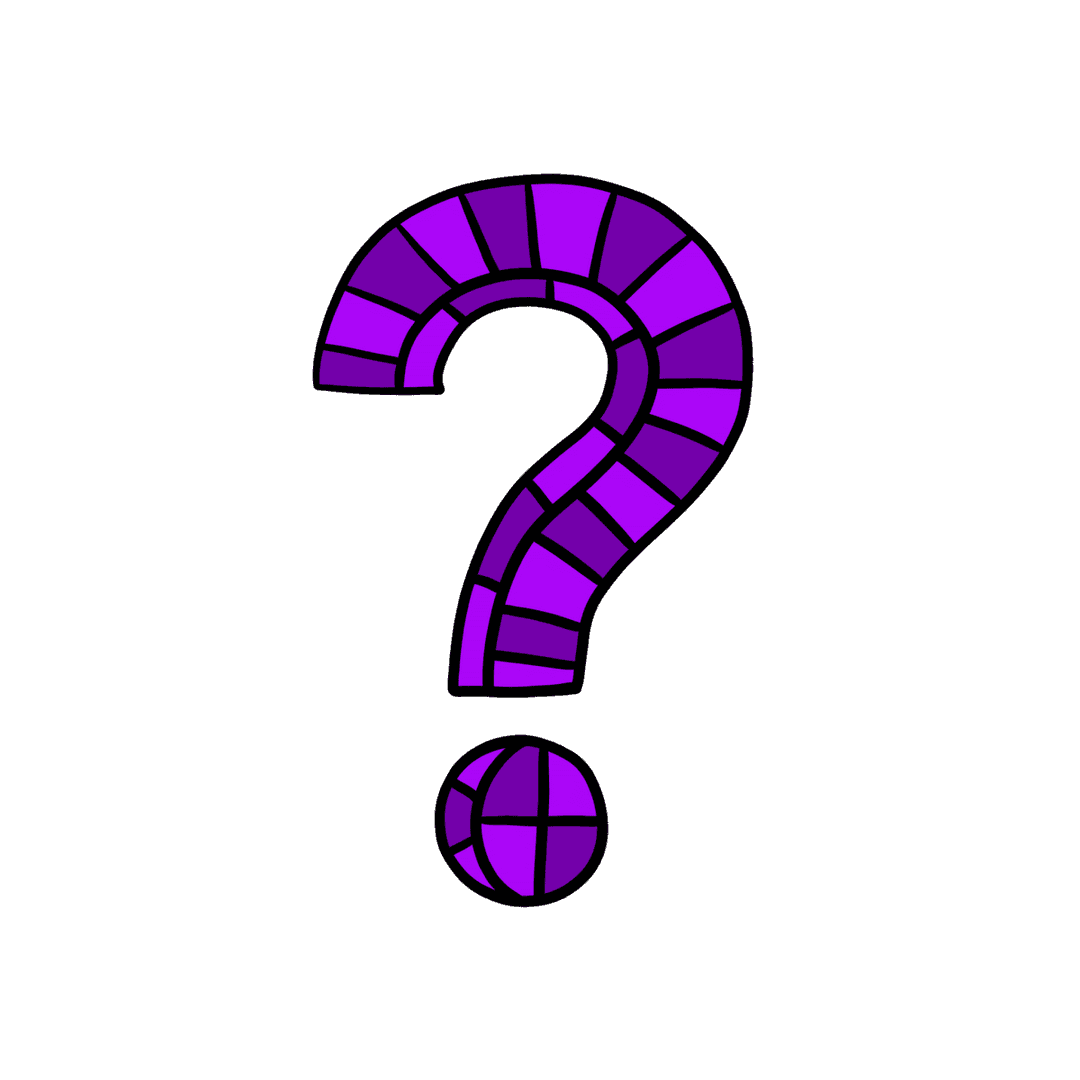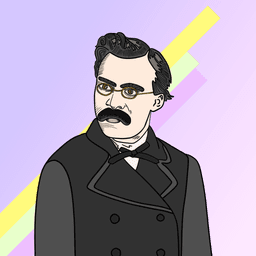Erst vs. Schon
The difference between erst & schon can sometimes be confusing. You might think those words can be used interchangably, but there are subtle differences to attend to! Let's find out what they are!

Use erst when something is happening (or has happened) later than expected. Use schon when something has happened earlier than expected.
Erst & schon are both adverbs and seem to be used in very similar contexts. Luckily, the differences between the two words are actually pretty straightforward.
The difference between erst & schon
1. How to use "erst"
The contexts where students usually get confused when it's about "erst" vs. "schon" have to do with time:
In these contexts, "erst" is often translated with "only" in English. This makes sense for a lot of situations, but be careful to not just memorize this without understanding the context.
You need to understand the intention behind using "erst": "Erst" expresses that X has happened or is going to happen later than expected:
Here, Peter is getting a bit nervous, because he hadn't expected to only be at exercise no. 2 by this point in time.
2. How to use "schon"
The adverb "schon" takes on the opposite meaning of "erst":
In English we would most often translate "schon" in these contexts with "already":




